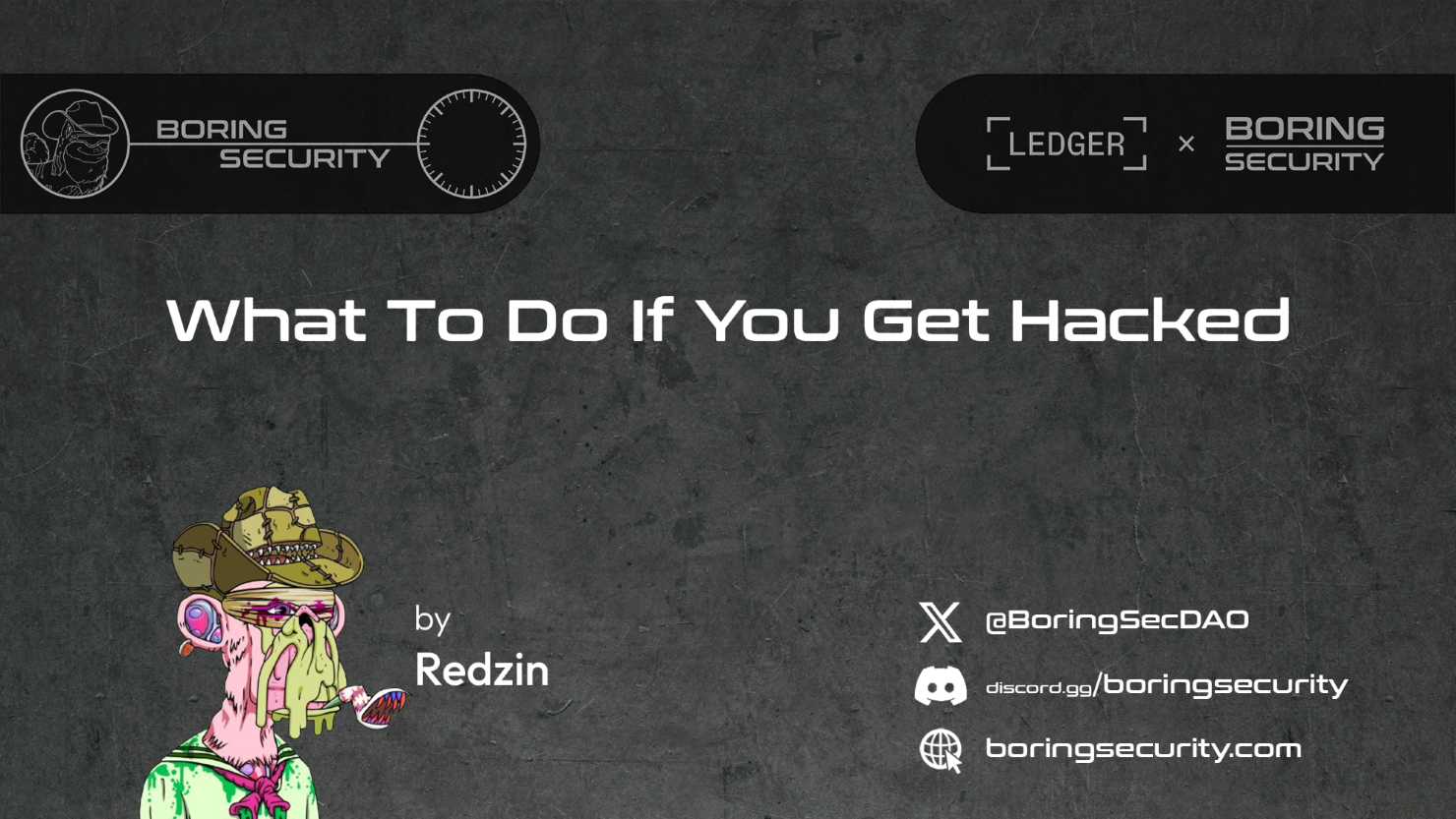
Imagine you've just invested a significant portion of your savings into cryptocurrency. You've heard the stories of overnight millionaires and the potential for exponential growth. But then, the unthinkable happens: your digital wallet is compromised, and your hard-earned crypto is gone. Can crypto be hacked? The short answer is yes, but understanding the risks and taking proactive steps can significantly enhance your cryptocurrency security and digital asset protection.
Understanding Blockchain Vulnerabilities
Blockchain technology, the backbone of cryptocurrencies, is often touted as secure and immutable. However, no system is entirely foolproof. Understanding the blockchain vulnerabilities is the first step in protecting your investments. Blockchain itself is decentralized and highly secure, but the weak points often lie in the surrounding infrastructure, such as exchanges, wallets, and user behavior.
Exchanges: The Soft Underbelly
Cryptocurrency exchanges are a prime target for hackers. These platforms hold vast amounts of digital assets, making them lucrative targets. High-profile hacks, such as the Mt. Gox incident in 2014, where over 850,000 bitcoins were stolen, highlight the risks. To safeguard your investments, consider using reputable exchanges with robust security measures. Always enable two-factor authentication (2FA) and avoid leaving large sums on exchanges for extended periods.
Wallets: Your Digital Safe
Your cryptocurrency wallet is your digital safe. Just as you wouldn't leave your physical wallet unattended, you shouldn't neglect the security of your digital one. Hardware wallets, like Ledger or Trezor, offer an extra layer of security by storing your private keys offline. Software wallets, while convenient, are more susceptible to hacking. Always use strong, unique passwords and consider using a password manager to keep track of them.
Hacking Prevention: Best Practices
Prevention is better than cure, especially when it comes to hacking prevention and investment safety. Here are some best practices to keep your crypto secure:
Use Strong, Unique Passwords
Weak passwords are an open invitation to hackers. Use a combination of uppercase and lowercase letters, numbers, and special characters. Avoid using easily guessable information like birthdates or common words. A password manager can help generate and store complex passwords securely.
Enable Two-Factor Authentication (2FA)
2FA adds an extra layer of security by requiring a second form of identification beyond just your password. This could be a code sent to your phone or generated by an app like Google Authenticator. Enabling 2FA can significantly reduce the risk of unauthorized access to your accounts.
Keep Your Software Updated
Software updates often include security patches that protect against known vulnerabilities. Whether it's your wallet software, exchange platform, or the operating system on your device, keeping everything up-to-date is crucial for maintaining strong cryptocurrency security.
Staying Vigilant: Recognizing Phishing and Scams
Phishing attacks and scams are common in the crypto world. Hackers often use social engineering tactics to trick users into revealing their private keys or login credentials. Be wary of unsolicited emails, messages, or links. Always verify the authenticity of requests for sensitive information and use official channels for communication.
Think of it like a high-stakes game of chess. Every move you make can either strengthen your position or leave you vulnerable. Staying informed and vigilant is your best defense against these threats.
The Role of Insurance and Regulation
As the cryptocurrency market matures, so does the need for regulatory oversight and insurance. Some exchanges now offer insurance coverage for digital assets, providing an additional layer of protection. However, it's essential to read the fine print and understand the terms and conditions. Regulation can also play a role in enhancing investment safety by setting standards for security and transparency.
For example, the U.S. Securities and Exchange Commission (SEC) has been increasingly involved in regulating the crypto space, aiming to protect investors from fraud and manipulation. Staying informed about regulatory developments can help you make better-informed decisions about where to invest and how to protect your assets.
Conclusion
So, can crypto be hacked? Yes, but with the right precautions, you can significantly reduce the risks. Understanding blockchain vulnerabilities and implementing robust hacking prevention measures are crucial for digital asset protection and investment safety.
Remember, your crypto investments are like a garden. They need constant care and attention to thrive. Stay informed, use strong security practices, and always be on the lookout for potential threats. By taking these steps, you can enjoy the benefits of cryptocurrency while minimizing the risks.
Now, it's your turn to take action. Review your current security measures and make any necessary adjustments. Share this information with fellow investors and let's build a more secure crypto community together.
FAQs
1. What are the most common ways crypto can be hacked?
The most common ways crypto can be hacked include phishing attacks, malware, weak passwords, and vulnerabilities in exchange platforms. Hackers often target the weakest link in the security chain, which is usually the user.
2. How can I protect my crypto investments?
To protect your crypto investments, use strong, unique passwords, enable two-factor authentication, keep your software updated, and be vigilant against phishing and scams. Consider using hardware wallets for added security.
3. Are hardware wallets more secure than software wallets?
Yes, hardware wallets are generally more secure than software wallets because they store your private keys offline, making them less susceptible to hacking. However, they require careful handling to avoid physical damage or loss.
4. What should I do if my crypto wallet is hacked?
If your crypto wallet is hacked, act quickly. Contact the support team of your wallet or exchange, report the incident to relevant authorities, and change all your passwords immediately. Consider using a new wallet and transferring any remaining assets to it.
5. How can regulation help in protecting crypto investments?
Regulation can help in protecting crypto investments by setting standards for security, transparency, and accountability. Regulatory bodies like the SEC work to prevent fraud and manipulation, providing a safer environment for investors.
```
Posting Komentar